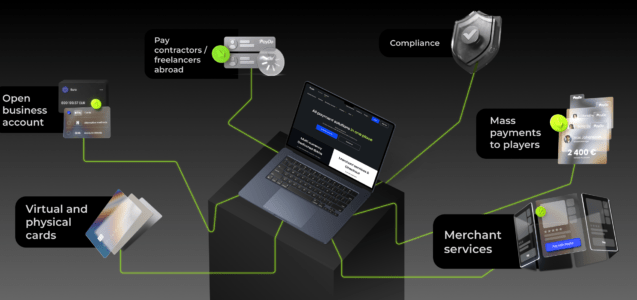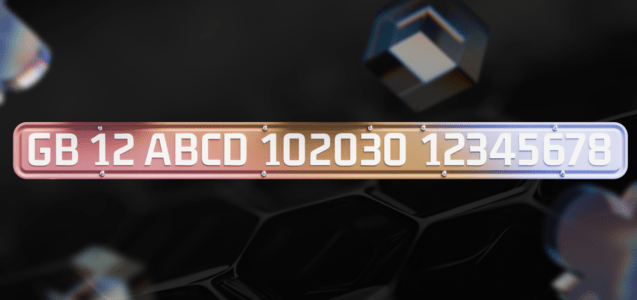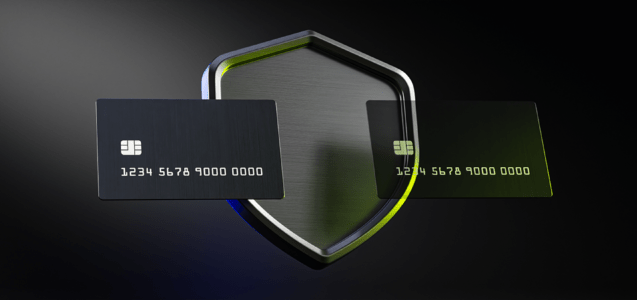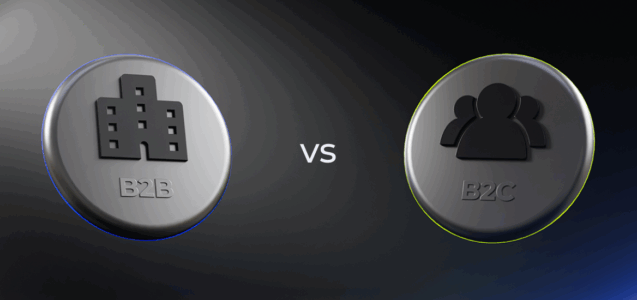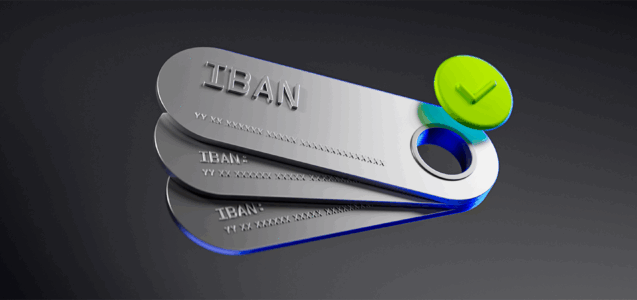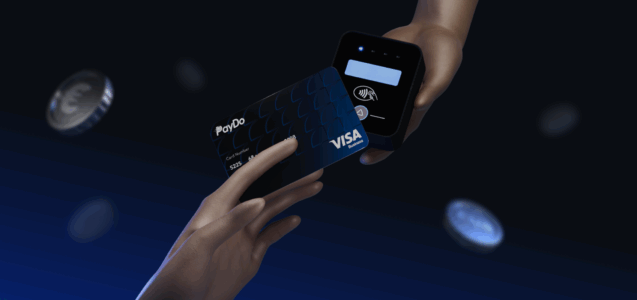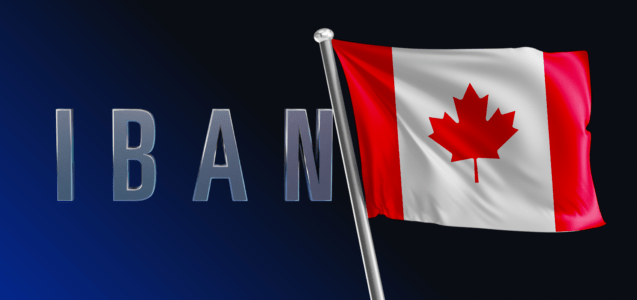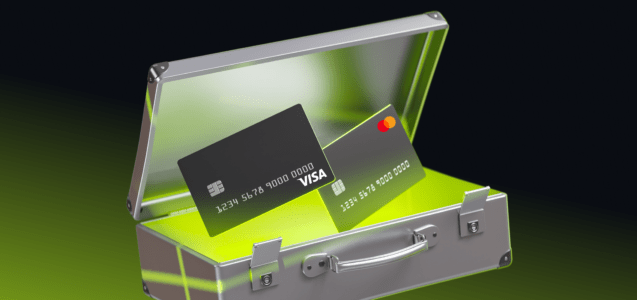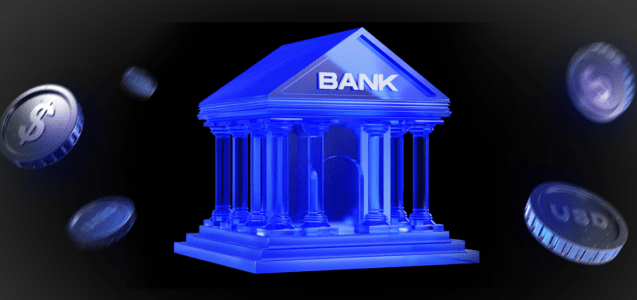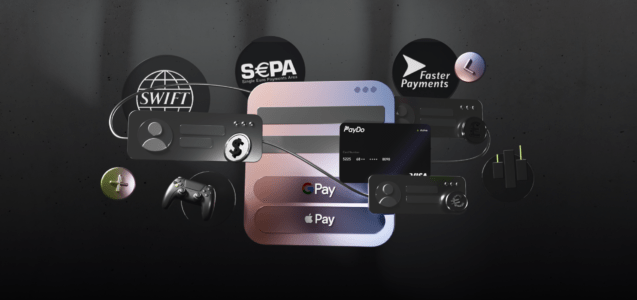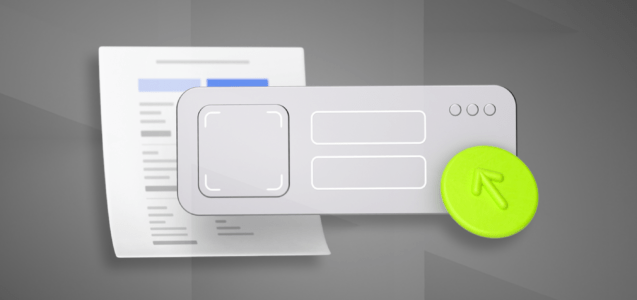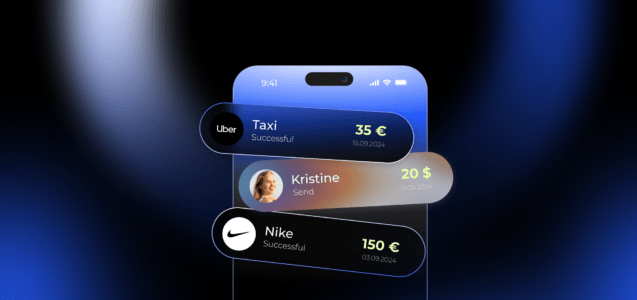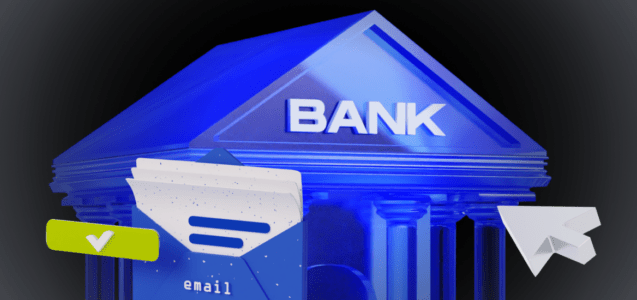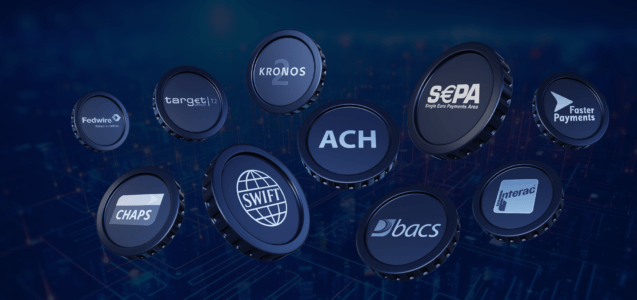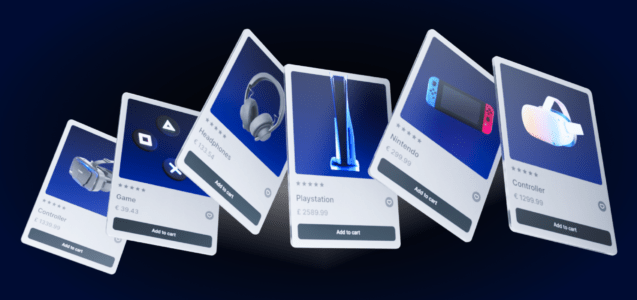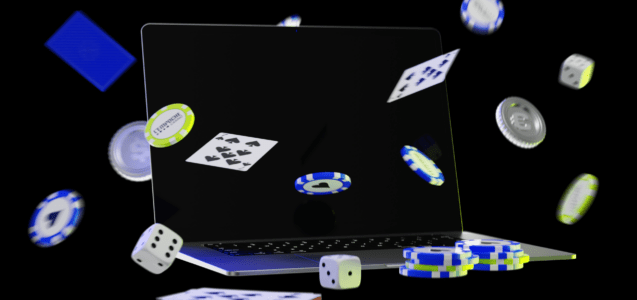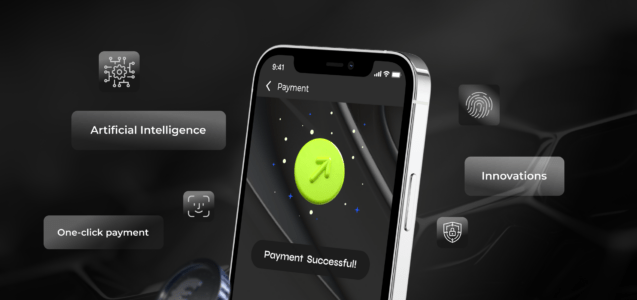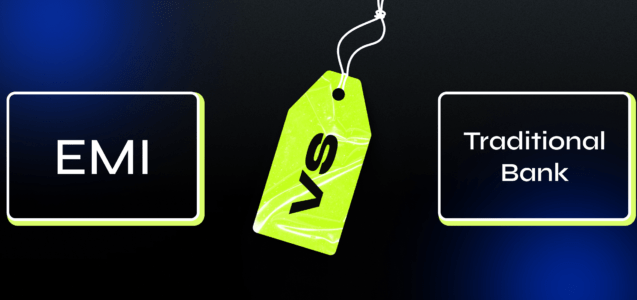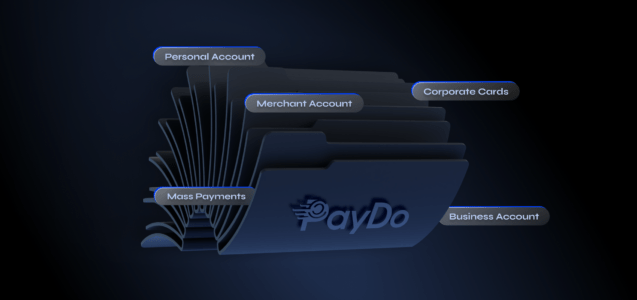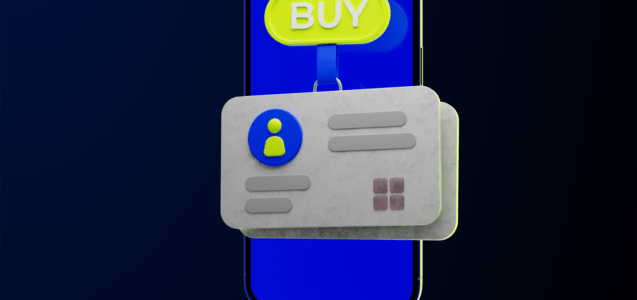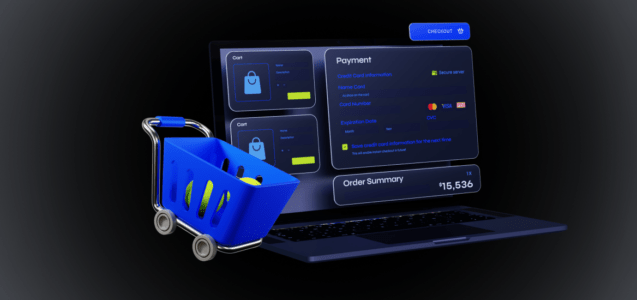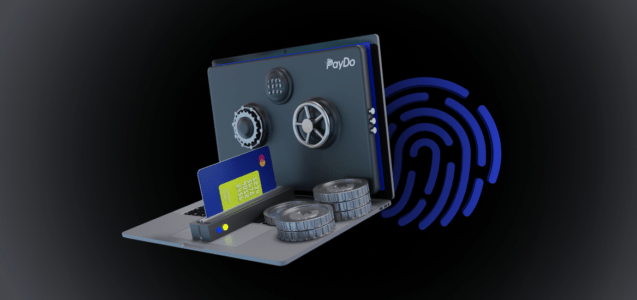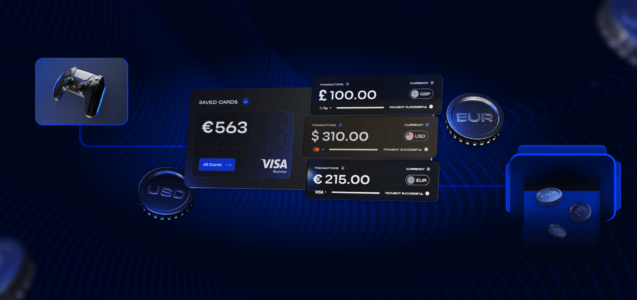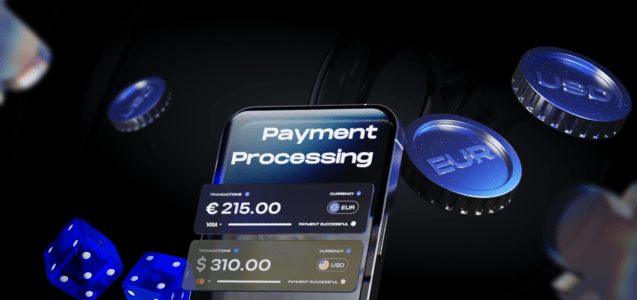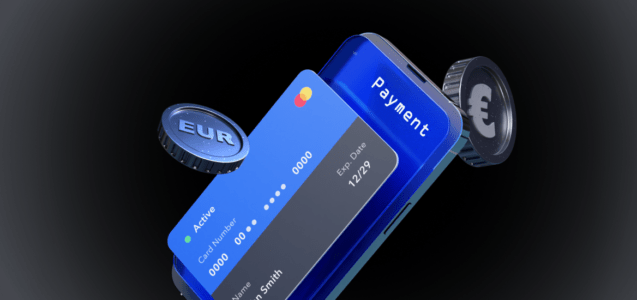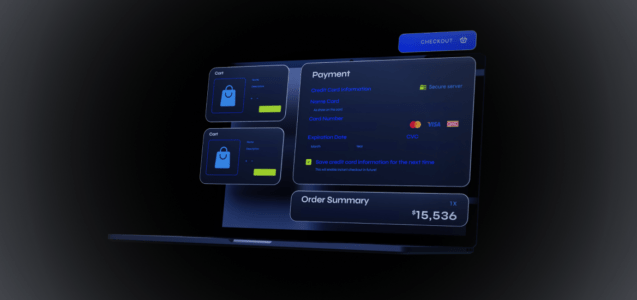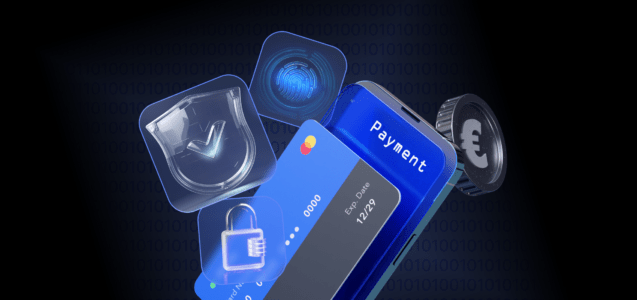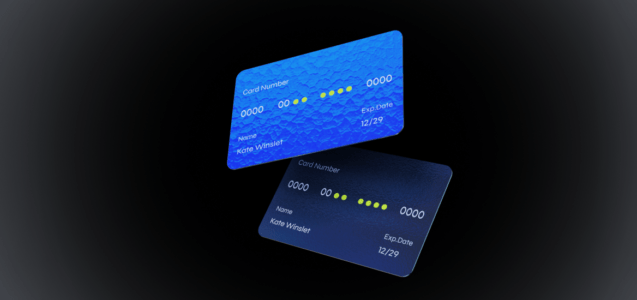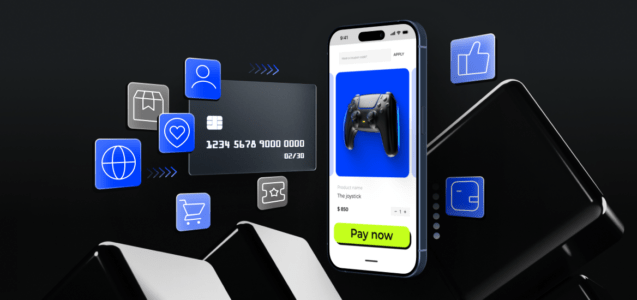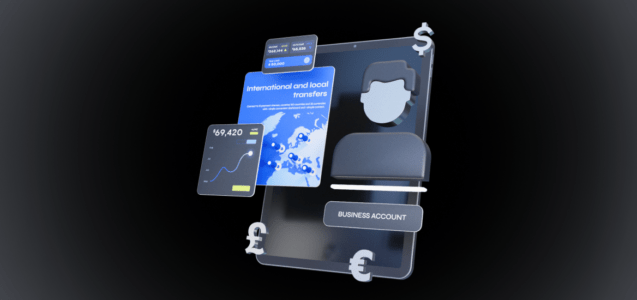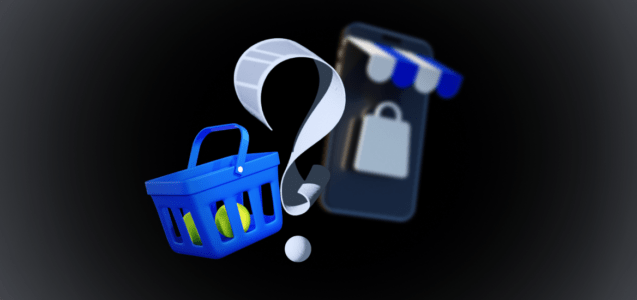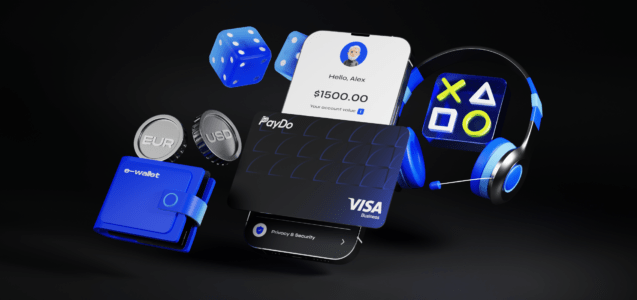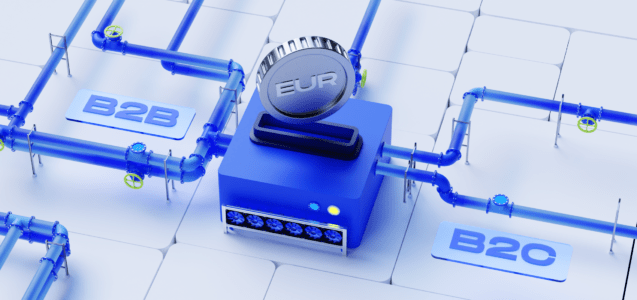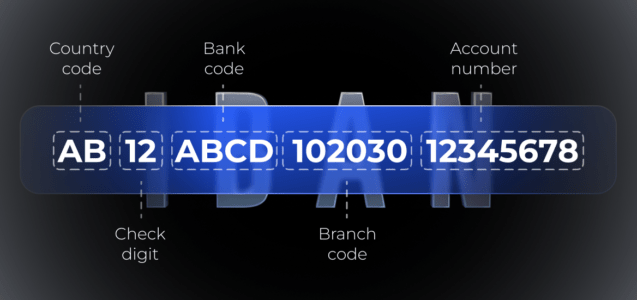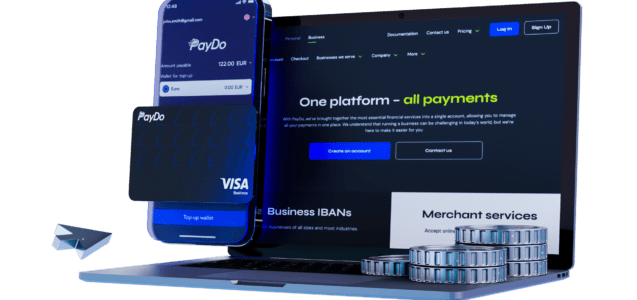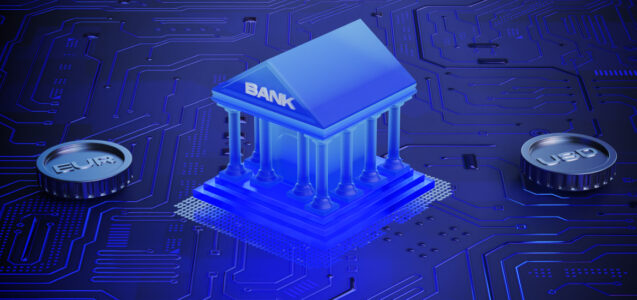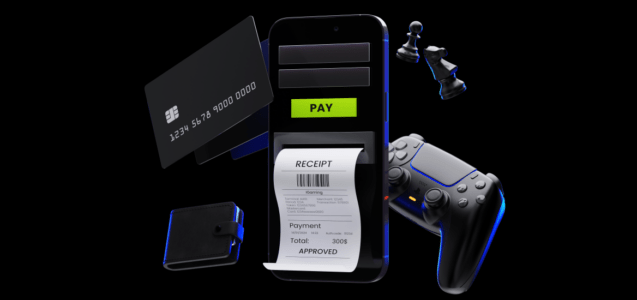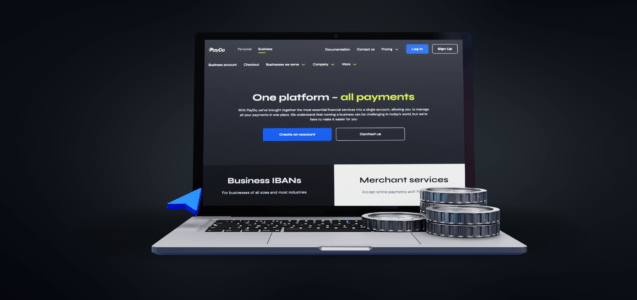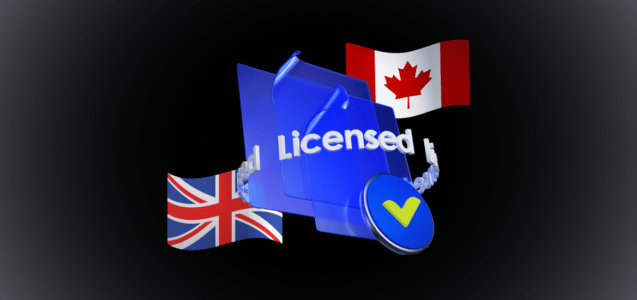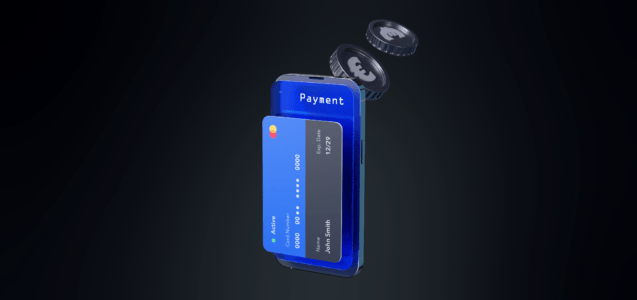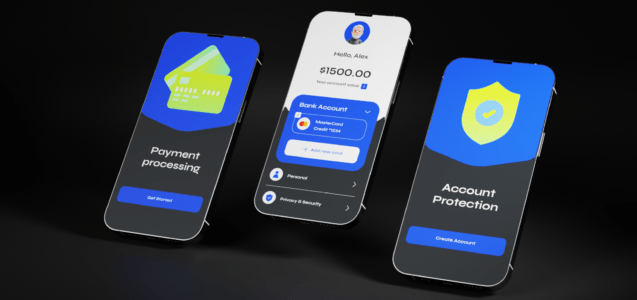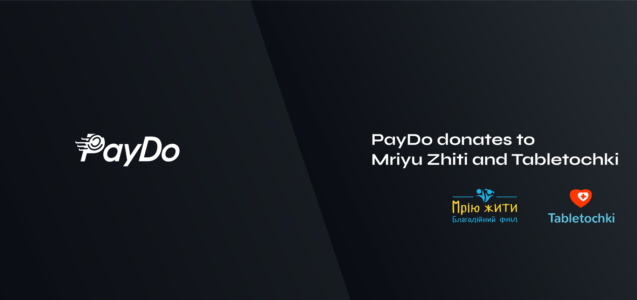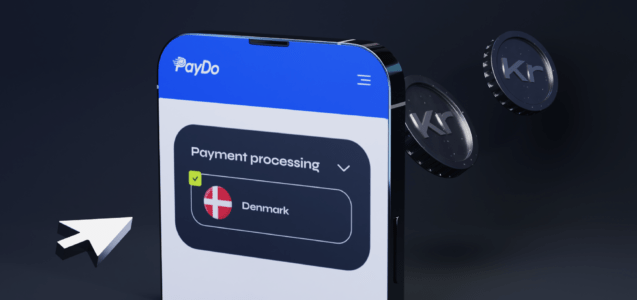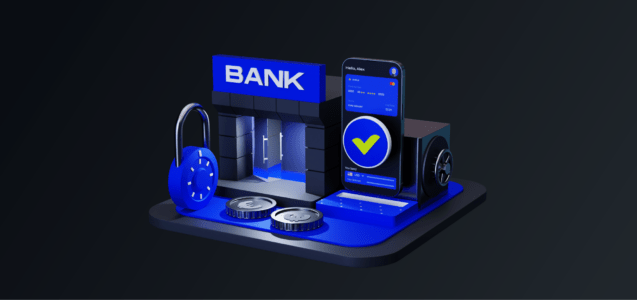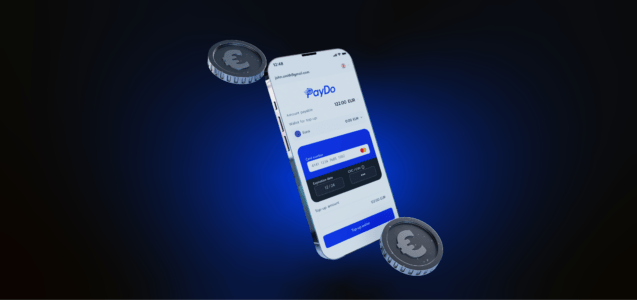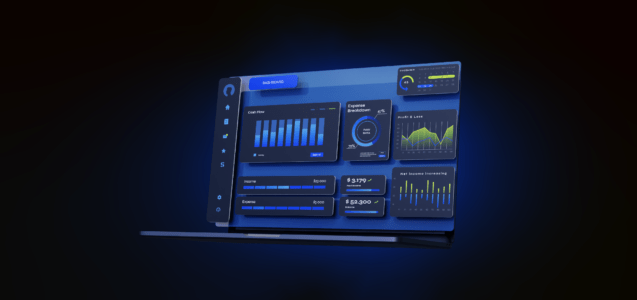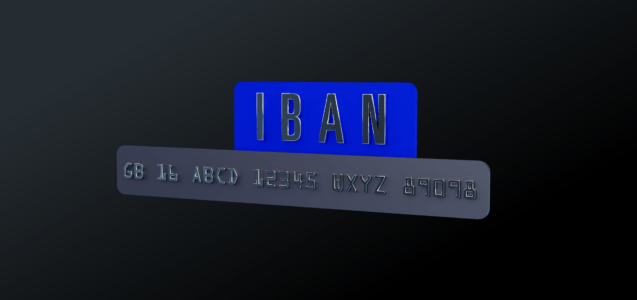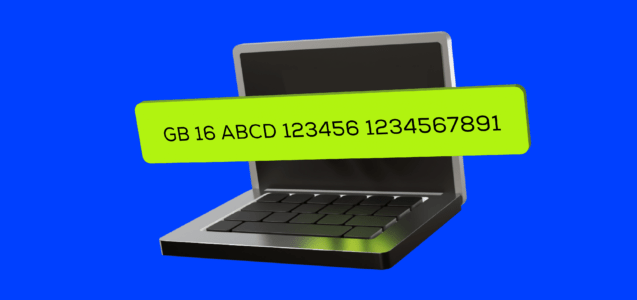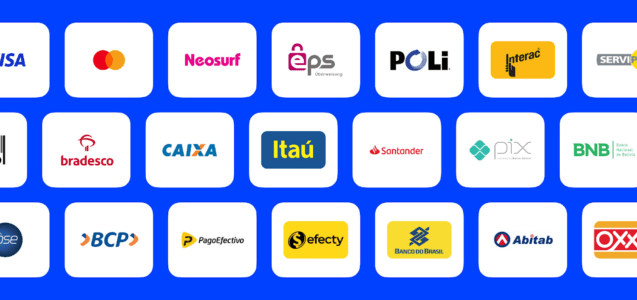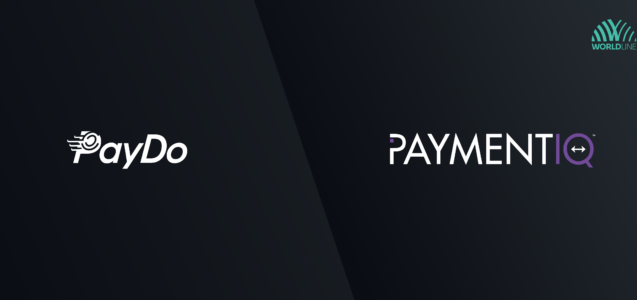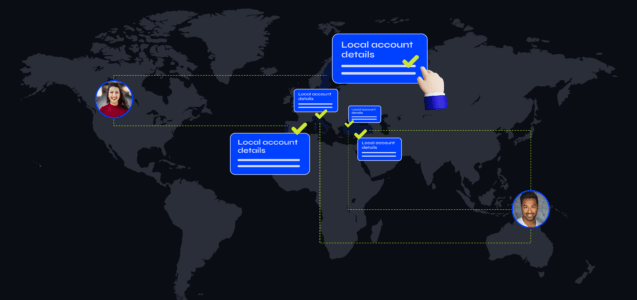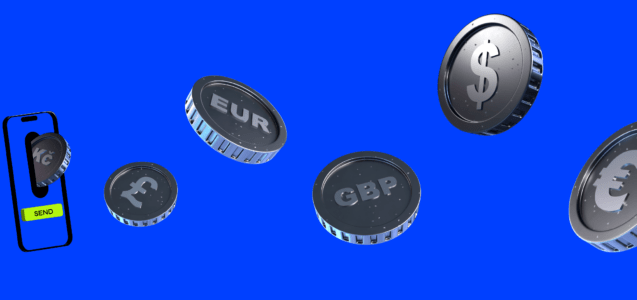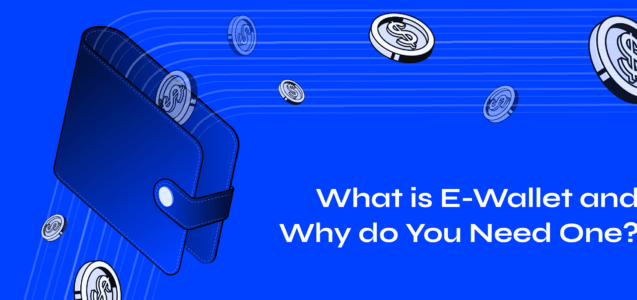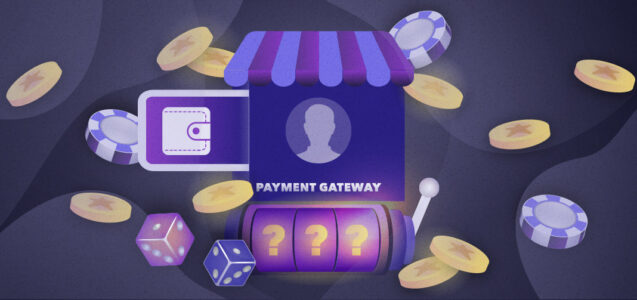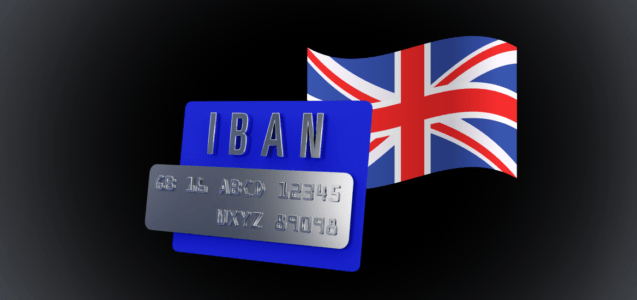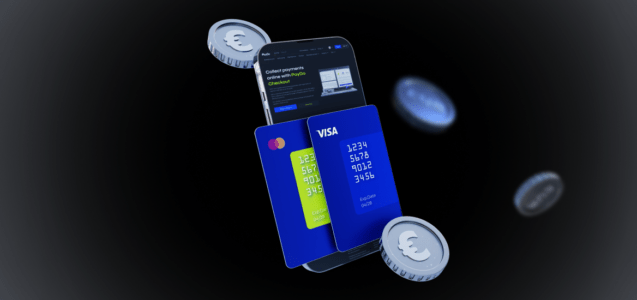With the introduction of the global international bank account number (IBAN), which was implemented based on EC Regulation 2560/2001 and the European Committee on Banking Standards (ECBS), all banks and other companies providing financial services to individuals and businesses were obliged to make changes in how payments were made and processed.
It was a question of imposing stricter requirements on all documentation customers had to provide based on the regulatory changes.
Straight-Through-Processing (STP) rates were to be maintained at a high level, while it was desirable to avoid increasing the costs associated with payment processing. To make it possible, customers were put under all sorts of pressure, in particular through higher service fees and demands for more complete instructions for payments within the European Union.
From the point of view of the general concept, this step is understandable. Still, one feature was not considered, namely the existence of problems when treasury officials try to provide detailed payment information to banks.
So to make IBAN payments, the company had to provide it from the right source, which was extremely difficult. Yes, in principle, the IBAN was an important part of the process, but far from being the only part.
Despite the serious progress in issues with IBAN payments, it is worth saying that many IBAN Payments issues are still relevant. In addition, EU countries must necessarily take into account all IBAN Payments risks. We will talk about all this in this article.
IBAN Payments: How to generate IBANs
It is enough to visit the ECBS site to find out that the IBAN generation is the bank’s prerogative, which opened an account for a client.
This is where IBAN Payments issues for the company only begin. After all, the IBANs they used to store may not exist in the suppliers’ databases now.
Even if they know the bank branch code and other important information, they will not generate IBANs, a severe problem. As a result, obtaining IBAN should be carried out by the company from all beneficiaries without exception, particularly employees, suppliers, etc. Only in this way will they have the opportunity to generate payment instructions that are fully compliant with STP requirements.
The IBAN Payments issues are not limited to all of the above. Such problems can be caused by companies taking over another firm or a merger process.
Why does this happen? If you think logically, it is not difficult to guess because when a company adds a new branch with its code, it inevitably changes IBAN. As a result, the employees who update all the information from the beneficiaries become incredibly busy.
The BIC component
In addition to the IBAN, Cross-border MT103+ must have a Bank Identifier Code (BIC). A connection to Cross-border is mandatory.
If you pay attention to the bank statements, you will notice that this code is indicated practically on all statements. And yet, as practice shows, not all organizations remember the need to provide the initiator of the payment not only IBAN but also BIC.
It requires intervention and correction by the processing bank and entails fees and other expenses for the sender of the payment.
Some organizations provide a BIC, but it ends up being unbound. As a result, this negatively affects the speed of payment and entails the need to pay additional fees.
Another IBAN Payments issue is faced more often by small financial institutions, which relatively recently operate in the market. This problem is the absence of BIC. There are 51 countries in the IBAN system today and there are about 200,000 bank codes. About 15% of them do not have BIC. We are talking about a BIC, which provides for the connection to swift.
It would seem that all of the above problems would already be enough to confuse and complicate the seemingly simple process of making payments. And yet, some financial institutions have decided not to stop there, and have defined some related BICs themselves. These codes are required to process IBAN payments, but in fact, the banks have only made the whole procedure more complicated. They wanted to optimize operations through the centralization of traffic processing. But for most treasury operations, this is unacceptable. Therefore, the question of whether BIC is the right one for a particular IBAN is still open. Of course, this question may not be solved at all, but in this case, the speed of STP payments will remain at a deficient level.
An unpleasant signal for the entire banking system in Europe was the desire of many banking institutions to charge extra fees for companies to provide clients with incomplete payment messages, which do not correspond to STP. Such a move does not correlate in any way with the European initiative to reduce costs.
The main task is to automate payments as much as possible. This applies to all stages, from the moment a company submits a payment instruction to the receipt of money by the beneficiary. Such fast processing of payments is possible, and it will certainly be realized for IBAN payments for those firms that comply with all instructions and requirements. To ensure all STP requirements, it is essential to understand all the rules for providing IBAN and BIC connected to Cross-border.
Of course, many banks look at the process somewhat differently. It would be much easier for them to take a file of payments from customers, check all the information contained therein, and then include it in Cross-border MT103+ for further processing. It is worth noting that these messages in the structure of IBAN payment processing takes last but one of the most critical places. The company itself provides information on payments, and the financial institution, further based on these data, generates a Cross-border MT103+ message. Thus, only the bank receives a confirmed IBAN and BIC, which will be fully compliant with the swift, it will then send the payment instructions via MT103+. There will be no further effort on the part of either party, because the payment will be made automatically.
But why are IBAN and BIC so important?
You must be wondering why the company cannot provide only IBAN but has to provide BIC as it is much more complex and time-consuming. The need to give an IBAN and a BIC to be connected to Cross-border, which is assumed by the rules of the EU.
The company may provide a financial institution only the IBAN. Still, in this case, the bank or any other financial institution will have to take the time to examine the additional data and verify exactly what the payment message involves a Cross-border-connected BIC. You can rest assured that the extra work on the part of the financial institution will necessarily entail higher fees for companies. If a company provides IBAN and BIC, it will be able to get the most affordable commission from the bank for all payments made within the EU.
However, there is another critical point here. Of course, it is good to provide the bank with the IBAN and BIC, but this step alone does not reduce costs to a minimum and, therefore, obtain lower commissions. It is desirable not only to get the IBAN from the beneficiaries but also to implement all the necessary tools to verify the IBAN and quickly determine the BIC or verify it if it has been provided.
If a financial institution does not have a BIC connected to Cross-border, the company can obtain information from the correspondent bank using the necessary tools. Any company should clearly understand that all data must be necessarily checked even before the file has been sent to the financial institution. If it turns out that the payment instructions were incomplete, the company will not be able to avoid having to pay higher fees.
Wrapping Up
All of the above rules were adopted because only their precise implementation will be the most crucial step in creating SEPA, that is, a single zone within which payments will be made. The creation of this zone without IBAN is not possible.
Companies need to provide financial institutions with the most accurate and complete data and clear payment instructions to minimize the fees and costs associated with payments.
If all parties involved in the payment process clearly comply with all processes and procedures, the flow of payments will become more automated and predictable, and most importantly, error-free. All of this will positively impact the amount of commission that the company will have to pay while making the payment process much faster.
The most important thing is never to forget about IBAN Payments risks, leading to severe problems for the company.



